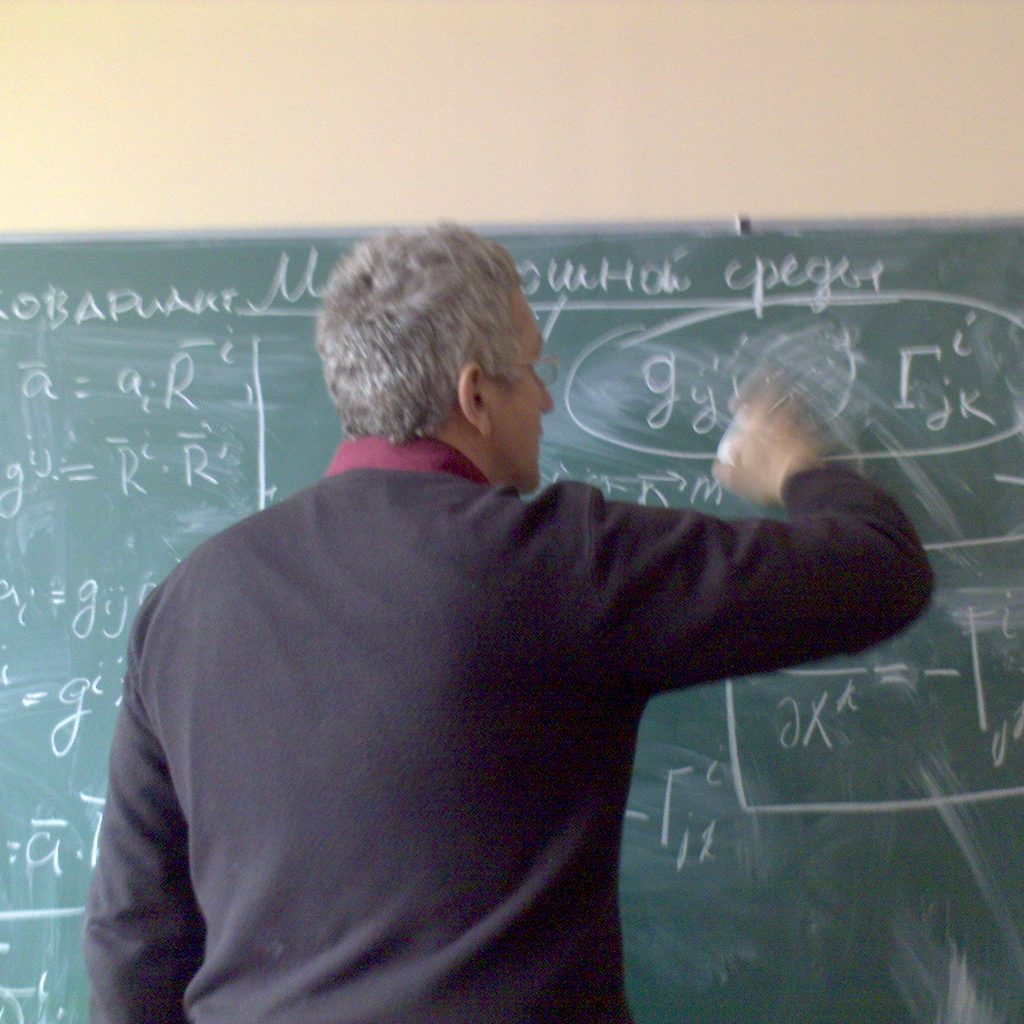I excelled in math in high school, rising to the top of the tiered class track and dabbling in multivariable calculus before college. I, however, immediately and subconsciously faltered in confidence when I reached Princeton. I was deterred from trying a proof-based math class by the thought that these were only for “math people” – students who had excelled in extracurricular math competitions from a young age or who already had exposure to “real math” beyond AP calculus. The kinds of students, who, when presented with a problem, could scribble across a blackboard and find the answer with a spark of genius.
That student wasn’t me, and so I decided that I must not be a “math person.” I still took college math, but instead of enrolling in a proof-based class, I pushed through Math 201 (multivariable calculus) and 202 (linear algebra), required courses for engineers. The exams were still notoriously difficult, and it wasn’t unusual for average scores to hover around 65%. This seemed to me like a strategy the department used to allow it to separate star students from “the rest of the pack.” Linear algebra during my freshman spring was the last math class I took in college.
Three years later, I’m studying philosophy – a subject with gender ratios comparable to mathematics. Many people know about the lack of females in STEM departments, but this issue slips under the radar in fields like philosophy and music composition. Philosophy professor Sarah-Jane Leslie’s research helps connect the dots.

Professor Leslie has shown that gender gaps are more prominent in disciplines where innate ability – a spark of raw genius – is perceived as a prerequisite for success. Departments like physics, philosophy, and math fit the bill. Using nationwide surveys of academics from 30 disciplines, Leslie and her colleagues demonstrated that people’s success in fields like biology and education is often seen as a result of effort and discipline rather than innate brilliance. These fields attract men and women in more equal ratios. Subsequent research also supports that such stereotypes take hold in children’s minds as early as the age of six. Women who don’t see themselves as innately brilliant mathematicians, musicians, or philosophers often do not give themselves the chance to pursue these disciplines. Since these views shape people’s career choices, women are more likely to choose careers in fields where hard work, rather than brilliance, is seen as the key to success.
My friend and fellow PCUR blogger Zoe Sims wrote last week about the destructive belief that “creative brilliance is something a human can command and possess at will.” Instead, she cites Elizabeth Gilbert, who identifies the creative process as a “mule at work, sweating and straining.” As Elizabeth Gilbert and Zoe both note, success requires effort. The myth of an innate spark of brilliance undermines both successful academics’ years of work and aspiring students’ dreams.
Recognizing and stating stereotypes and fears helps me face them. Every time I feel like I am holding myself back in a philosophy seminar, I remind myself that ability is a reflection of effort, and effort entails active participation. After a wonderful time dabbling in proofs in advanced formal logic, I’m considering enrolling in another math class next semester – this time with an understanding that what leads to success is hard work and determination, and the empowering realization that I have what it takes.
–Vidushi Sharma, Humanities Correspondent

